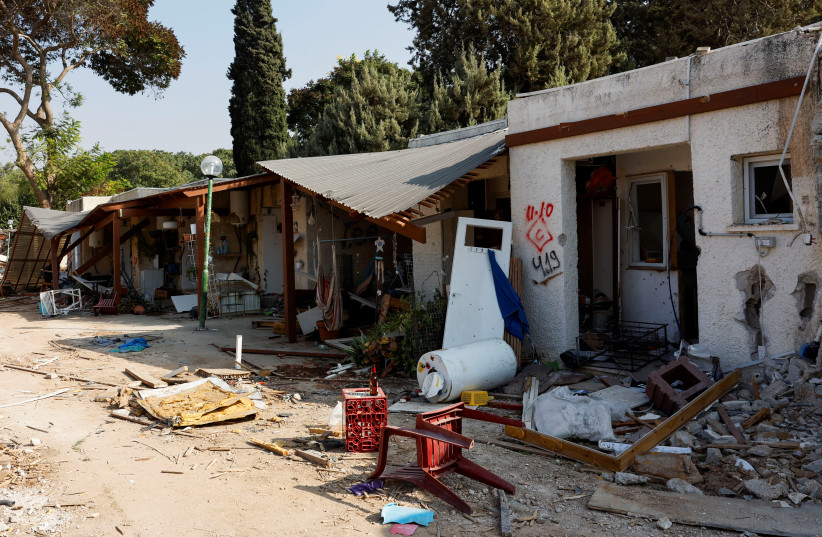Although the Ministerial committee approved a bill on Sunday that would prevent terrorists from being represented by public defenders, the Minister of Justice stated that the bill would only be advanced with the consent of additional authorities, according to Kan News.
The Legal Advisor to the Government and the Public Defender’s Office had already opposed the proposal.
One of the reasons for the delay is that according to the Attorney General, the bill in its current form could create a false impression that it would prohibit any representation for terrorists in Court, not only public defenders.
The Attorney General argues that this could harm the international reputation and legitimacy of Israel’s legal system.
There have been ongoing discussions involving senior police officials, legal advisors and prosecutors on how the perpetrators of the October 7 attack on the Gaza border will be brought to trial. Police are already demanding to file collective indictments against the terrorists, according to Kan News.

The main reason for a collective indictment is that there is a lack of specific evidence against the terrorists, including the absence of forensic evidence. There are almost no real-time pathological reports, and it is difficult to attribute specific murders to specific terrorists.
Additionally, according to initial reports, the charges against the terrorists will be categorized by regions—so each terrorist will face charges based on cities, kibbutzim, and the Nova music festival in Re'im, Kan News reveals.
Discussions surrounding prosecuting Hamas terrorists
Changes to the regulations regarding the arrest of suspects; defining terrorists as “unlawful combatants'; setting up special courts; indicting hundreds of detainees under the same charge; and examining the implications of imposing the death sentence are only some of the issues that are currently being discussed by the Israeli Justice Ministry as it tries to decide how Israel’s legal system will deal with the Hamas terrorists who perpetrated the October 7 atrocities, according to a report by Shomrim, the Center for Media and Democracy.
“These are discussions that happen once in many years – if at all,” one official from the justice system told Shomrim. These issues are extremely sensitive, and therefore the discussions are held in secrecy.
The Justice Ministry said that it is not responding to questions on the subject at this time, Shomrim reported.
These trials recall the Nuremberg Trials after the Holocaust and the desire for revenge, Prof. Amichai Cohen, an expert in the law of armed conflict at the Israel Democracy Institute and a member of the Faculty of Law at Ono Academic College, reflects. He told Shomrim, “Of course, we are instilled with the desire for revenge but we are a Western nation, so we will conduct a proper legal process, we will expose the crime to the world, we will put the terrorists on trial and maybe in the end it will be decided to execute them. But it will not be barbaric revenge.”
